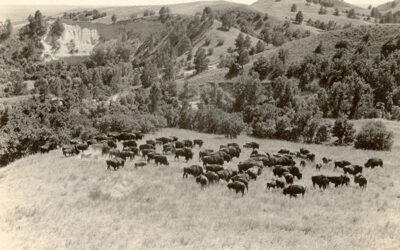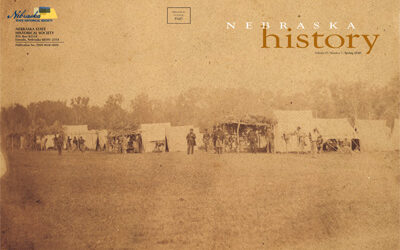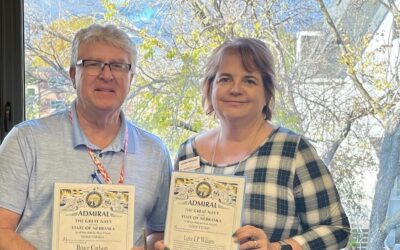Samuel DeWitt Beals (1826-1900), Nebraska’s first state superintendent of public instruction, began teaching in his native state of New York in the early 1850s. In April 1861 he moved to Omaha, where he opened a private school known as the Omaha High School. The school attracted as many as ninety pupils from the Omaha area as well as from Sarpy, Nemaha, Washington, Dodge, and Burt counties. It offered instruction at a cost of from four to eight dollars for a four-month term. However, Beals was forced to close the Omaha school in 1867 due to competition from other private schools.
Beals next accepted an appointment as clerk to Thomas P. Kennard, Nebraska secretary of state. The following year he became private secretary to Governor David Butler. On April 5, 1869, Beals was appointed state superintendent of public instruction by Governor Butler. As state superintendent he identified the major educational problems in Nebraska at that time and offered constructive solutions.
To raise the quality of public school teachers, Beals encouraged higher standards for teacher certification and organized teachers’ institutes. The institute sessions were largely devoted to discussions of methods of instruction and practical illustrations in the use of recommended methods. The lack of suitable school buildings also attracted Beals’s attention. School boards were urged to apply for loans from the Permanent School Fund for construction purposes.
Because of ill health, Beals was inactive until the fall of 1872, when he became principal of South or Pacific Street School in Omaha. He held this position until 1873. In July 1874 Beals was elected by the school board of Omaha as superintendent of schools. As superintendent of schools in Omaha, Beals graded the Omaha public schools and emphasized a systematic method of instruction.
However, concern about the curriculum of the public Omaha High School eventually resulted in Beals’s dismissal from the city superintendency in 1880. Although the period of his major contribution to the development of public education had ended, he taught in the Omaha public high school for the next twenty years.
(February 2002)



